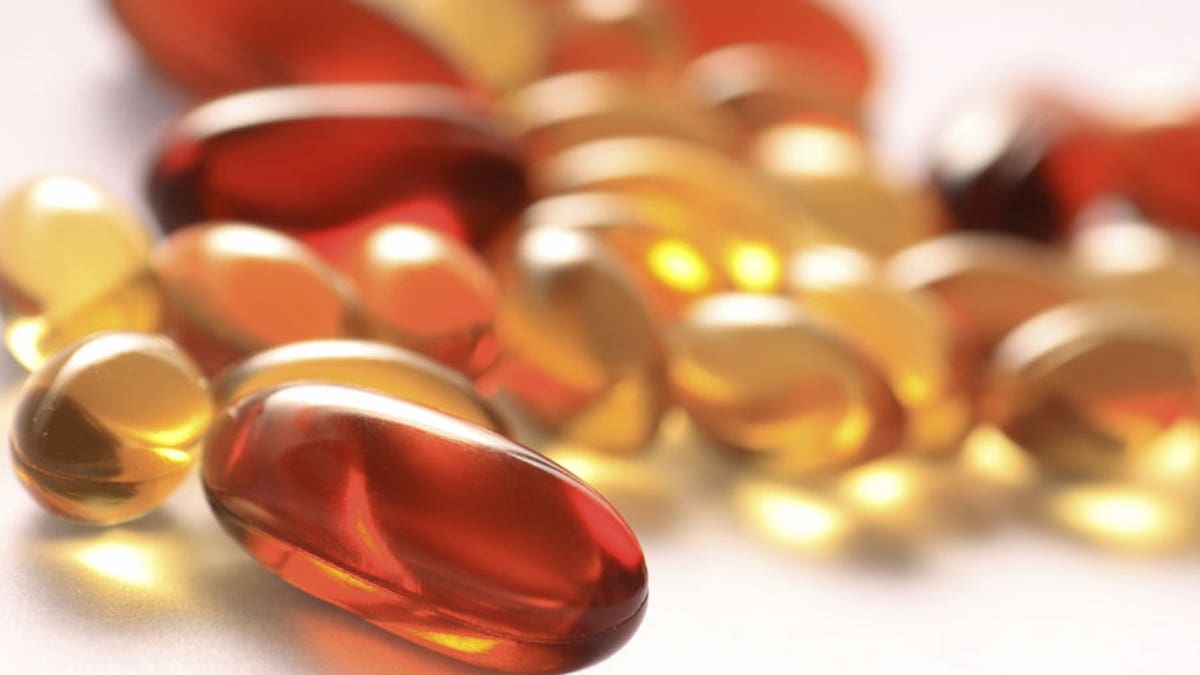
(iStock)
Health food stores may sell dietary supplements to adolescents that are meant only for adults, a new study found.
In fact, the stores may actually recommend the supplements to youngsters, the researchers discovered.
"I think there needs to be more talk about what these supplements could potentially do to the body," said Dr. Ruth Milanaik, director of the neonatal neurodevelopment follow-up program at the North Shore-LIJ Cohen Children’s Medical Center in Lake Success, New York.
Milanaik, who is the lead author on the three pieces of research presented at the Pediatric Academic Societies meeting in San Diego, said some of the supplements are potentially dangerous for growing bodies.
For example, the researchers say, so-called testosterone boosters can halt bone growth among teenagers and shut down natural production of the hormone.
The American Academy of Pediatrics also considers the use of diet pills and weight loss supplements to be unhealthy, according to the researchers. Several popular weight loss supplements carry warnings for young people.
"We want to protect those bones and those growing bodies," Milanaik told Reuters Health.
The researchers had someone call 164 stores across the U.S. posing as a 15-year-old girl wanting to lose weight. Another person called 244 U.S. stores posing as a 15-year-old male athlete interested in strength training.
Overall, about 48 percent of the stores recommended a weight loss supplement to the 15-year-old girl. About 23 percent of sales associates recommended the supplements without being asked about the products. About 10 percent of stores refused to make recommendations over the phone.
About a third said the 15-year-old girl could purchase the supplements on her own, while the others said purchasers need to be at least 18 years old.
About one in 10 stores recommended a testosterone booster for the male athlete, but less than 1 percent recommended the supplement without being asked. About 1 percent would not make a recommendation over the phone.
Over half of the sales associates said the male athlete must be at least 18 years old to purchase the booster, but about 41 percent said they could buy the product at age 15.
"I think teens have the capability to make wonderful informed decisions, but they need to be informed," Milanaik said.
GNC, which is one of world's largest retailers of health and wellness products, told Reuters Health in a statement that its policy on this issue is "very clear."
Products not intended for use by anyone under age 18 are flagged by the company's distribution system, according to GNC.
"When the product is scanned at the register at store level, a prompt will appear on the (point of sale) register reminding the sales associate of no sale to those under 18 and prompting the sales associate to request ID from the customer if the customer appears under 27 years old," says the statement. "If the customer does not provide ID showing he/she is 18 or older, the sales associate will not sell the customer the product."
People and marketing of supplements to teenagers needs to be more responsible, Milanaik said.
"All things that come from health food stores are not healthy," she said.
"All adolescents need this education, and parents and pediatricians," she added. "We need to all work together so that body image and body shaping is done in a healthy way."
